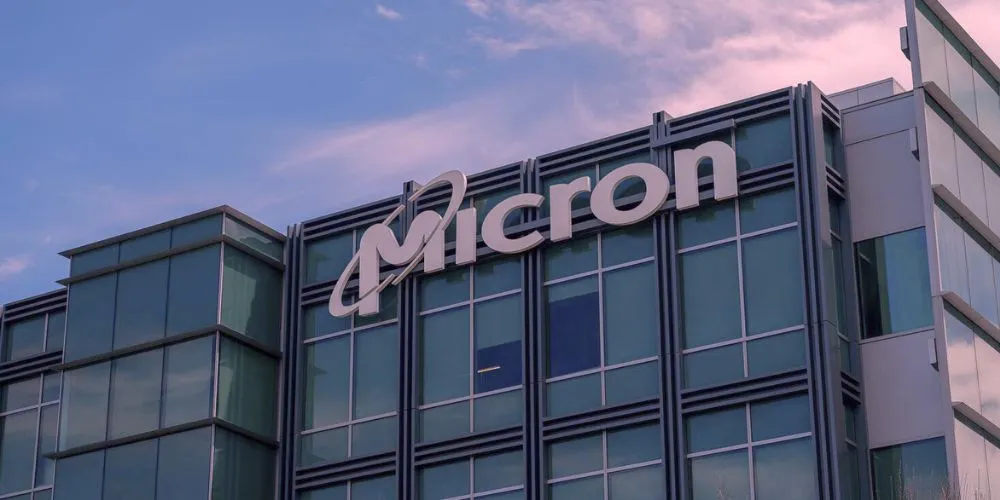Key Points
- Micron Technology secured $6.1 billion for domestic semiconductor facilities.
- Intel received $7.86 billion, and TSMC and Samsung were granted $6.6 billion and $6.4 billion, respectively.
- Texas Instruments and GlobalFoundries received $1.6 billion and $1.5 billion. Polar Semiconductor was awarded $123 million for capacity expansion.
- The CHIPS Act underscores U.S. efforts to reduce reliance on foreign chipmakers.
The U.S. Department of Commerce has finalized a historic $6.1 billion subsidy for Micron Technology, marking one of the largest awards granted under the CHIPS and Science Act. This legislation, aimed at bolstering domestic semiconductor manufacturing, has already allocated significant funds to various chipmakers to enhance the U.S. semiconductor industry.
Micron’s subsidy supports constructing multiple domestic facilities, underlining the government’s commitment to securing the U.S. position in the global chip market. The CHIPS Act has also awarded substantial awards to other leading firms.
Intel received $7.86 billion, adjusted from an earlier $8.5 billion after securing a separate $3 billion Pentagon grant. Taiwan Semiconductor Manufacturing Company (TSMC) secured $6.6 billion for its production facility in Phoenix, Arizona, and Samsung was granted $6.4 billion to expand operations in Texas.
Other recipients include Texas Instruments, which awarded $1.6 billion to build three new facilities. GlobalFoundries received $1.5 billion to develop a semiconductor plant in Malta, New York, while expanding in Vermont. Polar Semiconductor, owned by Sanken Electric and Allegro MicroSystems, was granted $123 million to double its Minnesota facility’s capacity. Microchip Technology was allocated $162 million to triple its production of mature-node chips at two U.S. factories.
These subsidies aim to reduce dependency on overseas chip supplies and reinforce domestic production amid ongoing global shortages. The CHIPS Act has become a cornerstone of the U.S. strategy to strengthen economic security and technological leadership. As the global demand for semiconductors accelerates, these investments are expected to position the U.S. as a more self-reliant player in the competitive chip manufacturing landscape.




